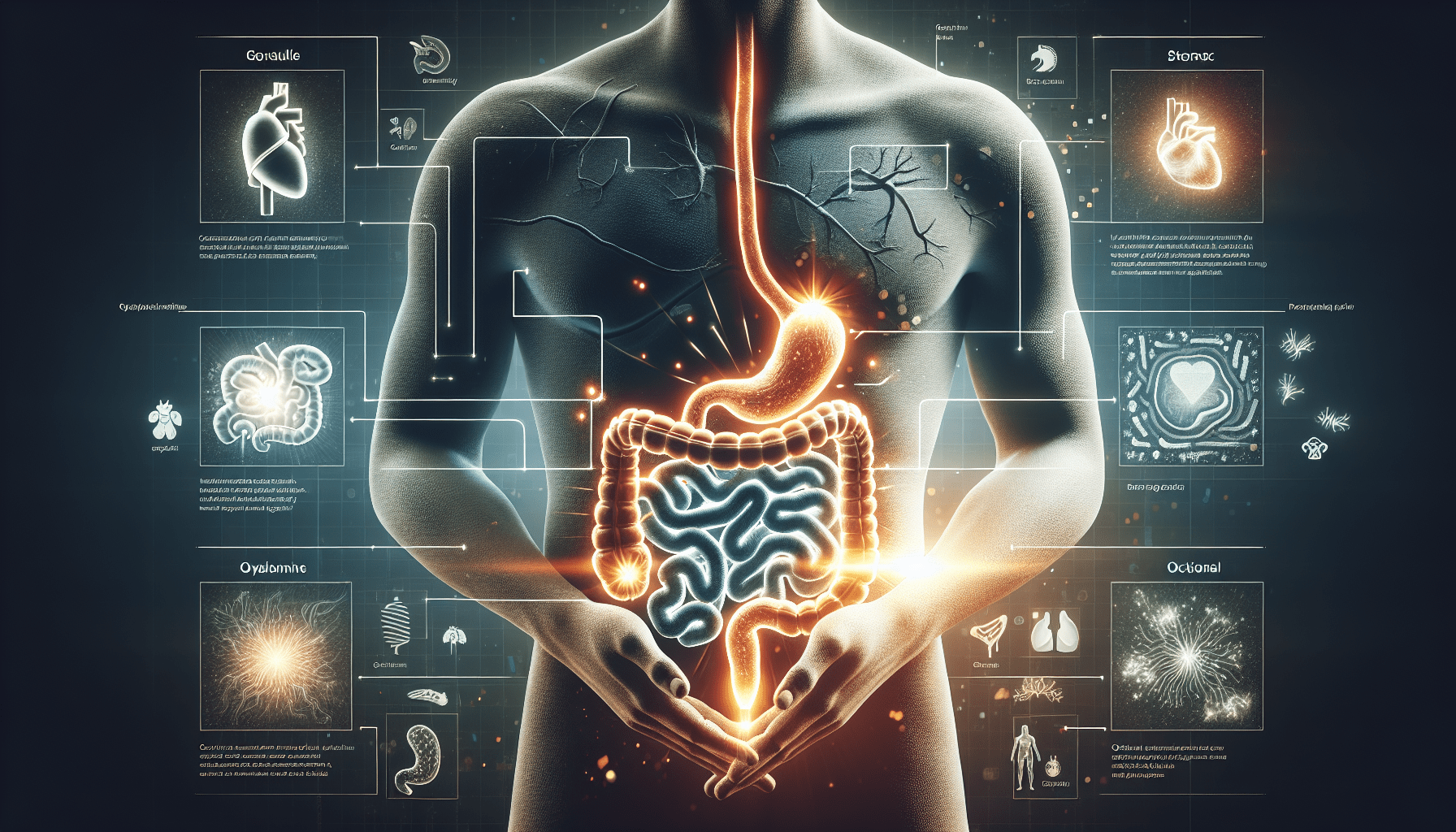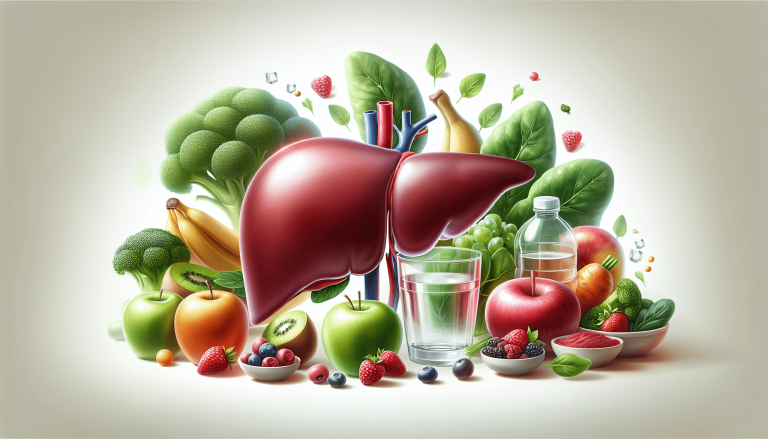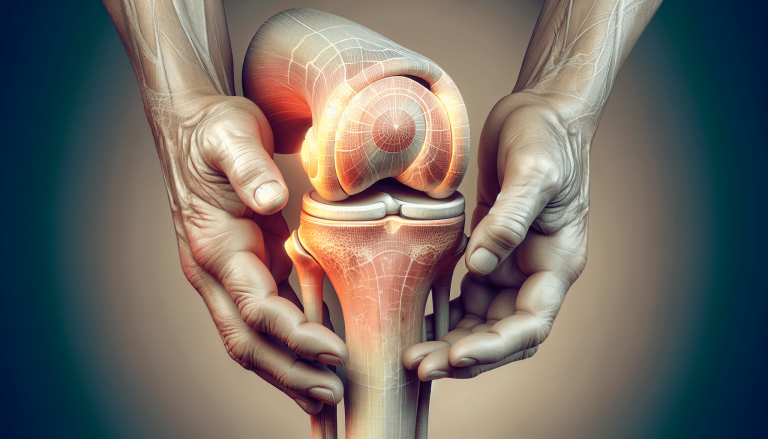Can You Fix A Bad Digestive System?
Welcome! In this article, “Can You Fix A Bad Digestive System?” you’ll discover practical and effective ways to improve your digestive health. Whether you’re struggling with bloating, gas, or other unhappy gut symptoms, there are simple adjustments you can make to get things back on track. We’ll explore dietary changes, lifestyle tweaks, and even some home remedies that can make a big difference in how you feel every day. So, get ready to learn how to nurture your digestive system and enjoy a happier, healthier you! Have you ever experienced that uncomfortable bloating after a meal or felt like your digestive system just isn’t performing as it should be? That’s a common concern for many people, and it often leads to the big question: “Can you fix a bad digestive system?”
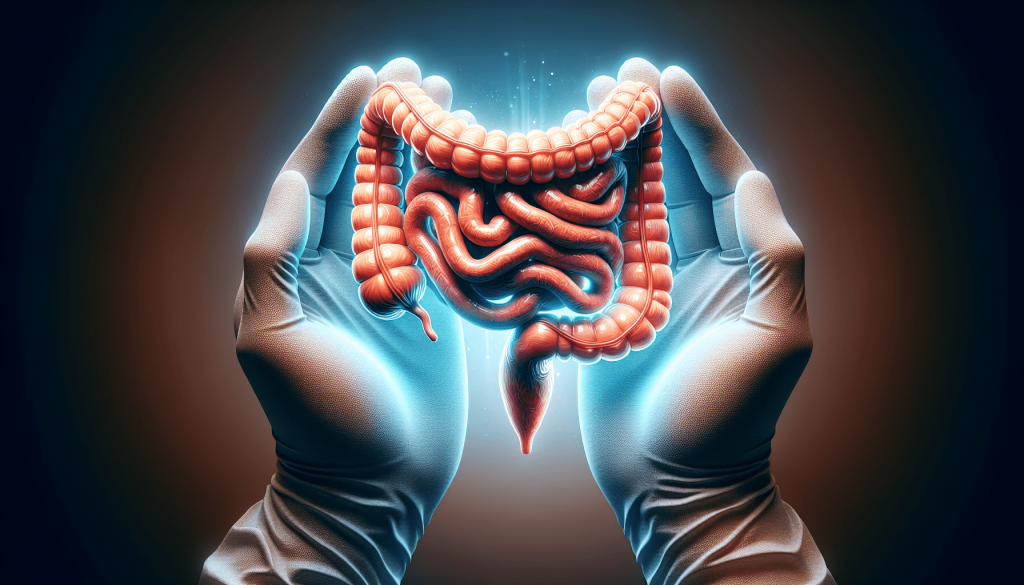
Understanding the Digestive System
Your digestive system is a complex network of organs working harmoniously to break down food, absorb nutrients, and eliminate waste. When everything is working correctly, you generally feel good, have regular bowel movements, and experience minimal digestive discomfort.
How Does the Digestive System Work?
To better understand how things can go wrong, let’s look at how digestion works. The process primarily involves:
- Ingestion: You take food into your mouth.
- Mechanical Digestion: Chewing breaks food down into smaller pieces.
- Chemical Digestion: Enzymes and acids further break down food in your stomach and intestines.
- Absorption: Nutrients are absorbed in the small intestine and transported to various cells.
- Excretion: Waste products are expelled from the body via the large intestine and rectum.
The Role of Enzymes and Microbiome
Crucial to digestion are enzymes and gut bacteria, collectively known as the microbiome. These tiny helpers break down complex molecules into simpler ones like glucose, amino acids, and fatty acids. Without them, nutrient absorption would be nearly impossible.
Common Digestive System Issues
Before diving into how to fix a bad digestive system, it’s essential to identify what might be going wrong.
Symptoms of Digestive Problems
You might be dealing with a bad digestive system if you experience:
- Bloating
- Gas
- Diarrhea
- Constipation
- Heartburn
- Nausea
Common Digestive Disorders
Some of the more common digestive disorders include:
- Irritable Bowel Syndrome (IBS): Associated with bowel changes and discomfort.
- Acid Reflux/GERD: Stomach acid traveling back up the esophagus.
- Celiac Disease: An autoimmune reaction to gluten.
- Crohn’s Disease: An inflammatory bowel disease affecting any part of the gastrointestinal tract.
Can You Fix a Bad Digestive System?
The good news is that in many cases, yes, you can significantly improve a bad digestive system. Sometimes, it’s as simple as making lifestyle changes, while other times it might involve more specific medical or dietary interventions.
Lifestyle Changes
Balanced Diet
A balanced diet rich in fiber, lean proteins, and healthy fats can drastically improve your digestion. For instance:
| Food Group | Examples |
|---|---|
| Fiber | Whole grains, fruits, vegetables, legumes |
| Proteins | Lean meats, fish, plant-based proteins |
| Healthy Fats | Avocado, nuts, seeds, olive oil |
Regular Exercise
Exercise not only helps to keep your weight in check but also stimulates intestinal function. Aim for at least 30 minutes of moderate exercise most days of the week.
Proper Hydration
Water aids in digestion by helping to dissolve fats and soluble fiber. Make sure to drink plenty of water throughout the day.
Meal Timing and Portion Control
Large, heavy meals can overwhelm your digestive system. Eating smaller, more frequent meals can give your body a better chance to digest food properly.
Specific Dietary Interventions
Probiotics and Prebiotics
Probiotics are beneficial bacteria, while prebiotics are food for these bacteria. Including both in your diet can foster a healthy gut environment. Foods rich in probiotics include yogurt, kefir, and sauerkraut, while foods high in prebiotics include bananas, garlic, and onions.
Elimination Diets
Some digestive issues may stem from food intolerances. An elimination diet—where you eliminate and then gradually reintroduce potential problem foods—can help identify triggers.
Specific Nutrients for Gut Health
Certain nutrients help nourish your digestive system. For example:
| Nutrient | Benefits | Sources |
|---|---|---|
| Fiber | Promotes bowel regularity | Whole grains, fruits |
| Omega-3 Fatty Acids | Reduces inflammation | Fish, flaxseeds |
| Fermented Foods | Supports gut microbiota | Yogurt, kimchi |
| Zinc | Supports intestinal lining | Meat, legumes |
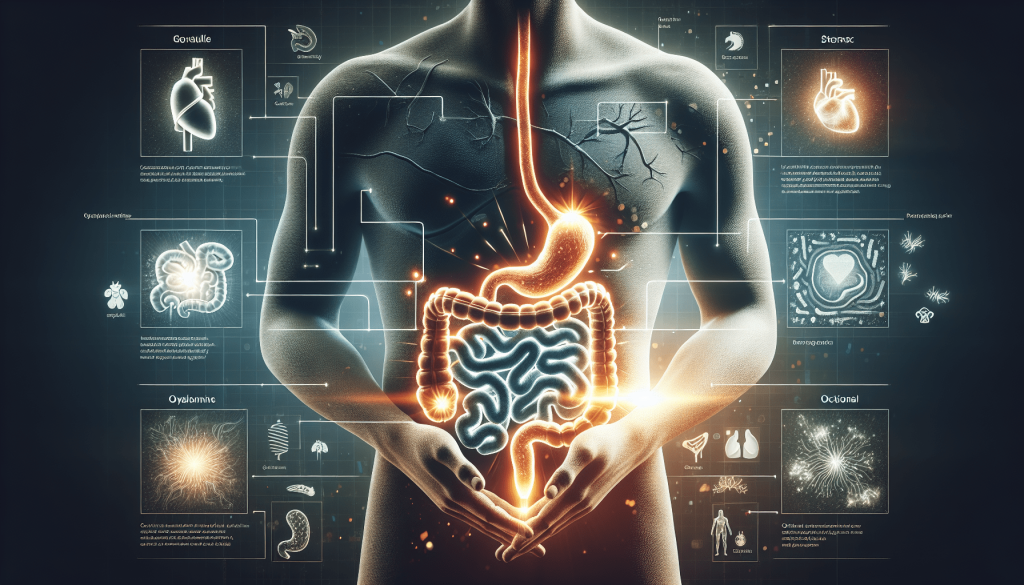
Medical Interventions
Medications
For more severe digestive issues like GERD or inflammatory bowel diseases, medications may be necessary. Always consult with a healthcare provider for a tailored plan.
Surgical Options
In extreme cases, surgery might be required to treat conditions like severe Crohn’s Disease or blockages in the intestines.
Natural Remedies and Alternative Treatments
Beyond diet and medication, several natural remedies can support digestion.
Herbal Teas
Teas like peppermint, chamomile, and ginger can soothe the digestive tract and alleviate symptoms like nausea and bloating.
Supplements
Digestive enzymes, glutamine, and other supplements can shore up deficiencies or specific needs. However, these should be taken under the guidance of a healthcare provider.
Stress Management
Stress has a significant impact on digestive health. Techniques such as yoga, meditation, and deep-breathing exercises can be incredibly beneficial.
How to Maintain a Healthy Digestive System
Fixing digestive problems is one thing, but maintaining a healthy gut is another. Here are some long-term strategies:
Routine Check-ups
Regular visits to your healthcare provider can catch potential issues before they become serious.
Mindful Eating
Pay attention to how and what you eat. Take your time chewing food well, and listen to your body’s hunger and fullness cues.
Avoid Harmful Substances
Minimize the intake of alcohol, caffeine, and highly processed foods that can irritate the gut.
Conclusion
So, can you fix a bad digestive system? Absolutely! By making lifestyle changes, adjusting your diet, and seeking medical or natural interventions, you can vastly improve your digestive health. Remember, it’s a journey requiring time and commitment, but the rewards are well worth the effort. Your gut—and your overall well-being—will thank you.
Additional Resources

If you think digestive issues like bloating, constipation or GERD are caused by what you eat… think again!
A recent abdominal ultrasound from the University of Michigan Medical School has shown that digestive problems are caused by something deemed as the “gut-piranha”.
Once installed comfortably in your gut, this microscopic blue parasite will start devouring your stomach lining.
Since your stool can’t “slide” normally anymore, parts of it get stuck one over the other until they pile up and clog your intestines. In turn, this will cause all sorts of digestive issues and weight gain.
So, if you’re dealing with indigestion or diarrhea, no matter if this happens often or just a couple of times per month… You need to watch this video immediately!
There is now clear proof that more and more Americans have this “blue gut-piranha” in their gut.

